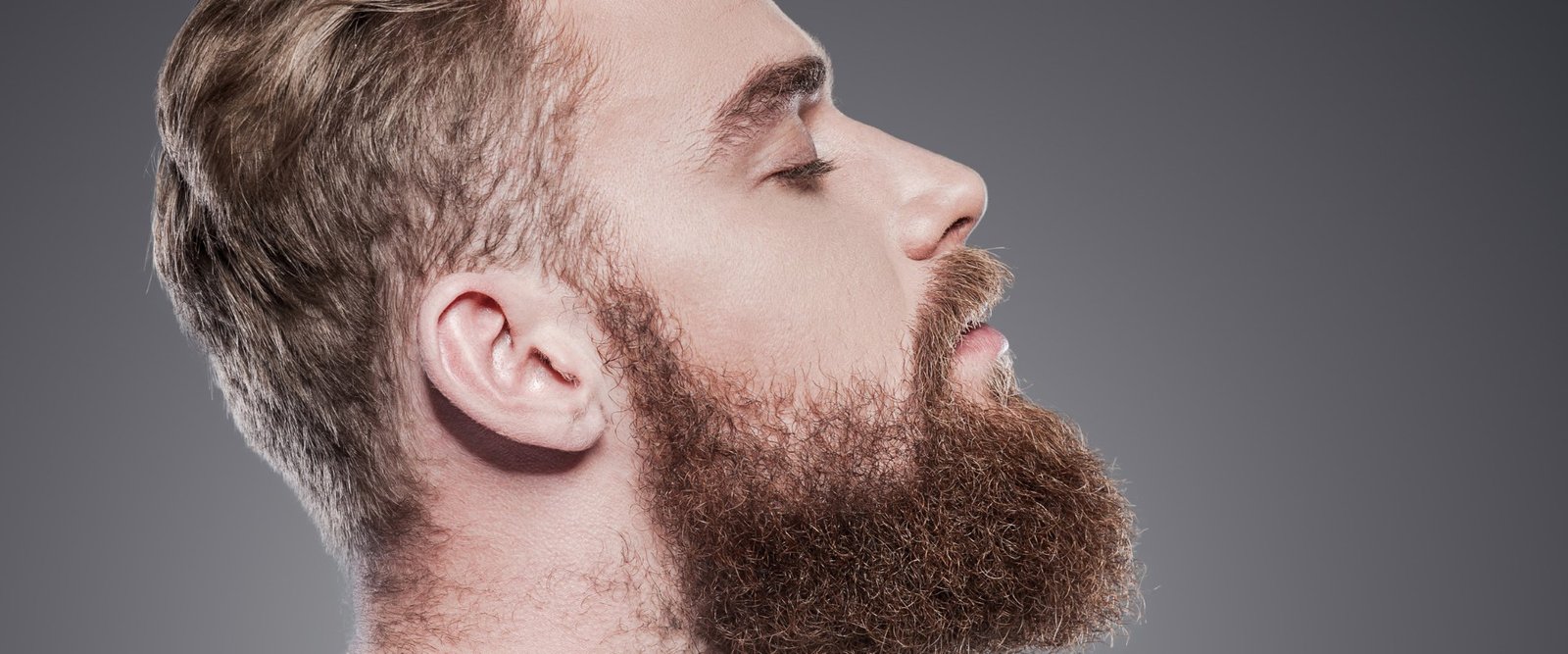In the quest for a fuller, thicker beard, many have turned to natural remedies—among them, rosemary oil, a potent essential oil with roots deep in historical use for various health and beauty applications. But how effective is rosemary oil for beard growth? In this comprehensive guide, we’ll explore the benefits of rosemary oil, how it works, and how you can incorporate it into your grooming routine.
The Power of Rosemary Oil
Rosemary oil is extracted from the leaves of the rosemary plant, a perennial herb native to the Mediterranean region. Known for its distinctive woody fragrance, it has been used for centuries in cooking, medicine, and skincare. The key lies in its rich composition of antioxidants, anti-inflammatory compounds, and essential acids.
How Does Rosemary Oil Promote Beard Growth?
- Improves Circulation: Rosemary oil is known to stimulate blood circulation. When applied to the scalp or skin, it can enhance blood flow to the hair follicles, providing them with more oxygen and nutrients. This improved circulation can awaken dormant follicles, promoting healthier and potentially faster beard growth.
- Antioxidant Properties: The antioxidants in rosemary oil help protect skin and hair follicles from damage caused by free radicals and environmental stressors. This protection can lead to stronger hair shafts and reduced hair loss, contributing to a denser beard over time.
- Anti-inflammatory Benefits: Inflammation can hinder hair growth by causing follicular damage and hair loss. The anti-inflammatory properties of rosemary oil can soothe the skin beneath the beard, creating a healthier environment for hair follicles to thrive.
- DHT Blocking: Dihydrotestosterone (DHT) is a hormone that, when excessively present, can lead to hair loss. Some studies suggest that rosemary oil may help block DHT, thereby reducing its impact on hair follicles and potentially preventing beard hair thinning.+

Incorporating Rosemary Oil into Your Beard Care Routine
To harness the potential benefits of rosemary oil for beard growth, consider the following tips:
- Direct Application: Mix a few drops of rosemary oil with a carrier oil (like jojoba or coconut oil) to dilute its potency and massage the mixture into your beard and skin. This not only nourishes the follicles but also moisturizes the skin beneath your beard.
- Rosemary Oil Shampoo: Use a shampoo infused with rosemary oil, or add a few drops of rosemary oil to your regular beard shampoo. This can stimulate the hair follicles and cleanse the skin, removing any barriers to growth.
- DIY Beard Balm: Create a beard balm by blending rosemary oil with shea butter, beeswax, and a carrier oil. This homemade balm can help style your beard while providing the beneficial effects of rosemary.
Safety and Considerations
While rosemary oil is generally safe for topical use, it’s important to conduct a patch test first to rule out any allergic reactions. Also, using rosemary oil in excessive amounts can lead to irritation or discomfort, especially for those with sensitive skin.
Conclusion
The use of rosemary oil for beard growth is backed by its circulation-boosting, antioxidant, anti-inflammatory, and potentially DHT-blocking properties. Although it’s not a magical solution, integrating rosemary oil into your beard care routine could contribute to a healthier, fuller beard. Remember, patience and consistency are key. Like any natural remedy, results with rosemary oil will vary and take time. Here’s to a healthier, more flourishing beard!
Whether you’re a seasoned beard enthusiast or just starting your beard growth journey, exploring natural oils like rosemary can be a rewarding and holistic approach to grooming. Have you tried rosemary oil for your beard? Share your experiences and tips in the comments below!



